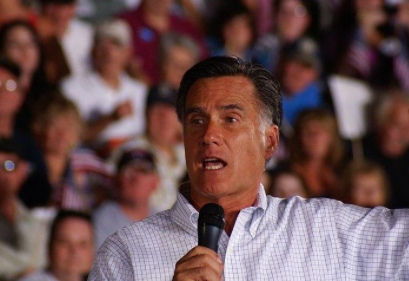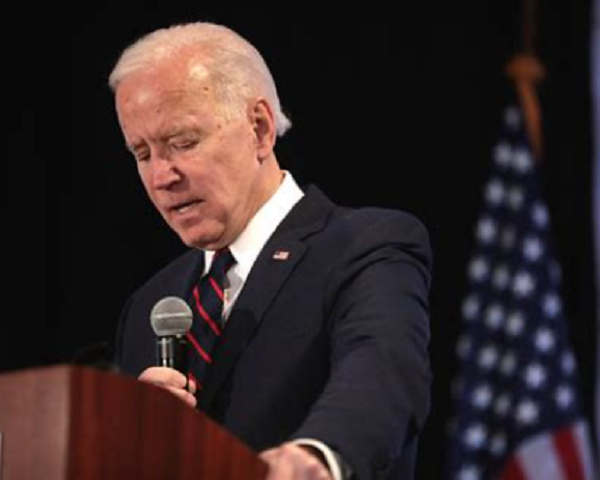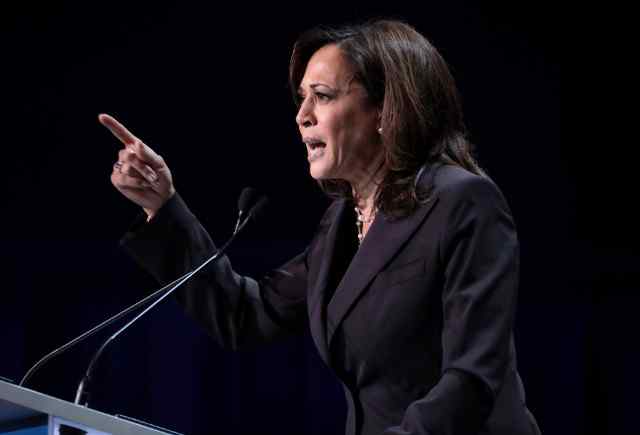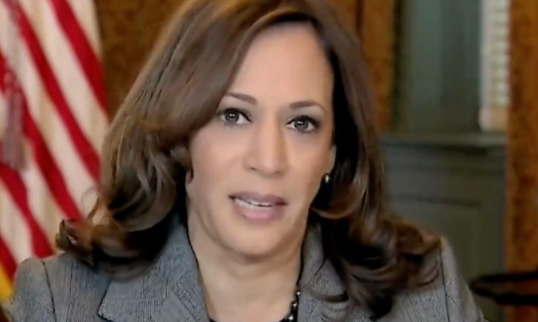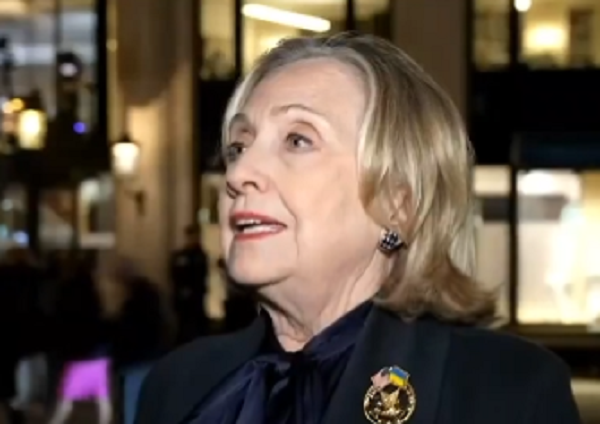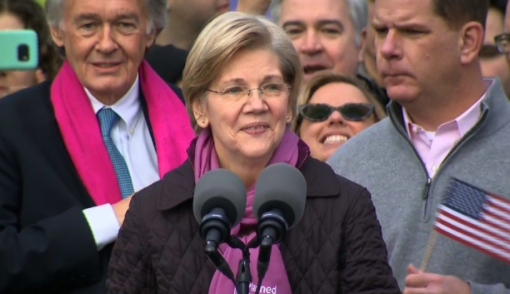The outcome of a special GOP election in Utah has raised questions about Senator Mitt Romney’s political future. In this election, a candidate strongly supportive of Donald Trump emerged victorious in a three-way race.
Celeste Maloy, a vocal advocate for the former president, secured 38 percent of the vote in the contest for Utah’s 2nd Congressional District, defeating former state Rep. Becky Edwards, who received 35 percent of the vote, and businessman Bruce Hough, who came in third with 26 percent. This special election was held to fill the seat vacated by retiring Rep. Chris Stewart (R).
While all three candidates promoted traditional conservative values such as smaller government and pro-business policies, Edwards had been critical of Trump, while the other two candidates dismissed the multiple indictments against Trump as politically motivated. Edwards’ admission to having voted for Biden in 2020 likely contributed to her defeat, as she expressed regret for her choice during the campaign.
These results could serve as a warning to Romney, who has adopted a hostile stance towards Trump. Romney voted to impeach Trump twice and aligned with Democrats on various issues. In July, he proposed a strategy to prevent Trump from winning the 2024 GOP presidential nomination by urging donors to withdraw funding from multiple 2024 Republican presidential hopefuls and instead support a single candidate capable of challenging Trump successfully.
“Despite Donald Trump’s apparent inevitability, a baker’s dozen Republicans are hoping to become the party’s 2024 nominee for president. That is possible for any of them if the field narrows to a two-person race before Mr. Trump has the nomination sewn up,” Romney’s column begins.
“For that to happen, Republican megadonors and influencers—large and small—are going to have to do something they didn’t do in 2016: get candidates they support to agree to withdraw if and when their paths to the nomination are effectively closed. That decision day should be no later than, say, Feb. 26, the Monday following the contests in Iowa, New Hampshire, Nevada, and South Carolina,” he added.
He then quoted former New Hampshire Gov. John H. Sununu: “It is fun running for president if you know you cannot win.”
“Left to their own inclinations, expect several of the contenders to stay in the race for a long time. They will split the non-Trump vote, giving him the prize. A plurality is all that is needed for winner-take-all primaries,” Romney wrote before delving into some political history:
Candidates themselves used to consolidate the field to achieve what they saw as a greater purpose. In 1968, potential candidates William Scranton, Charles H. Percy, Mark Hatfield, John Chafee and Nelson Rockefeller rallied around my father, George W. Romney, instead of seeking nomination themselves, because they believed he had the best shot of stopping Richard Nixon.
When my dad’s campaign faltered, he and they swung to Rockefeller to carry their cause forward. They were unsuccessful but not because of blind political ambition or vanity. They put a common cause above personal incentives.

